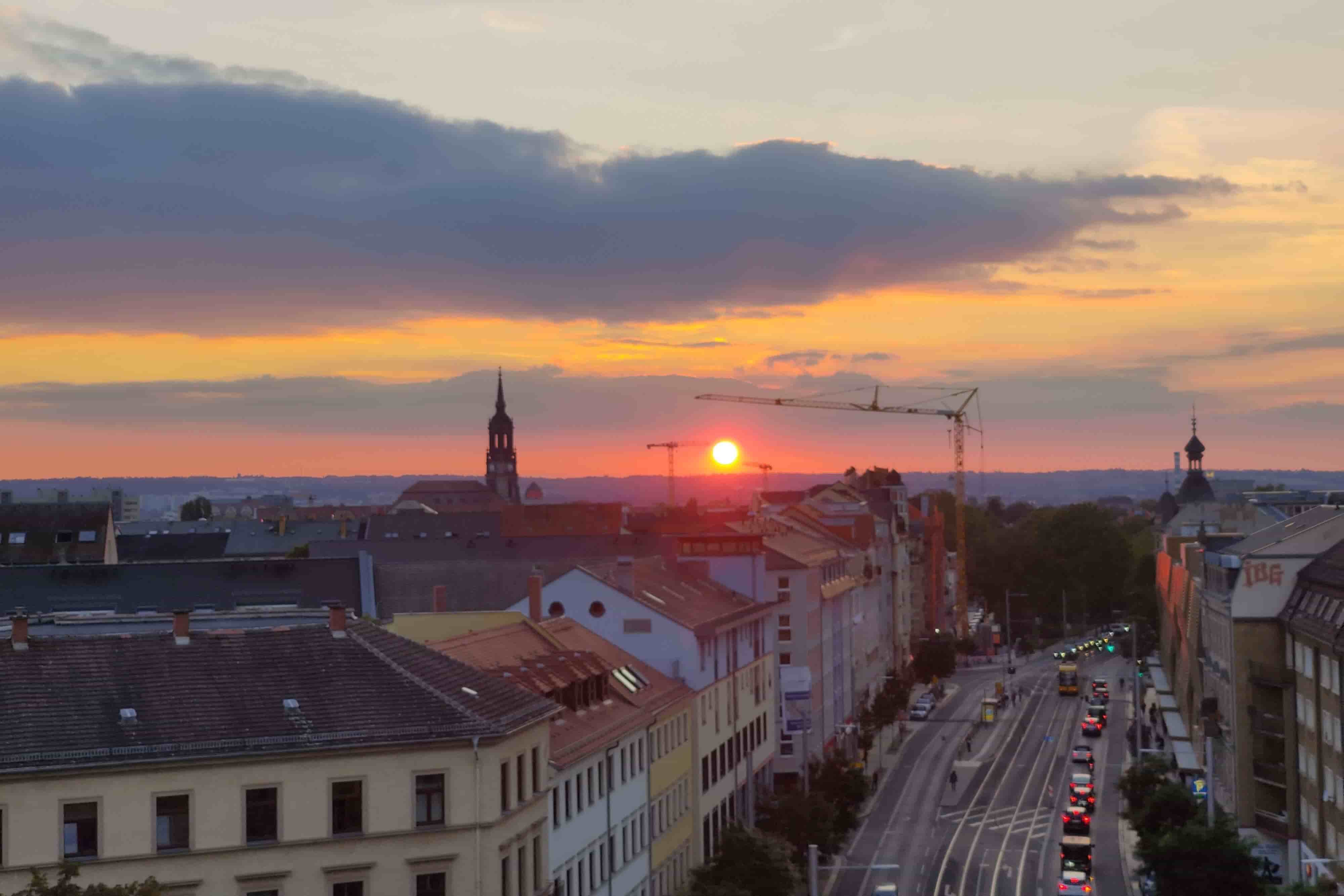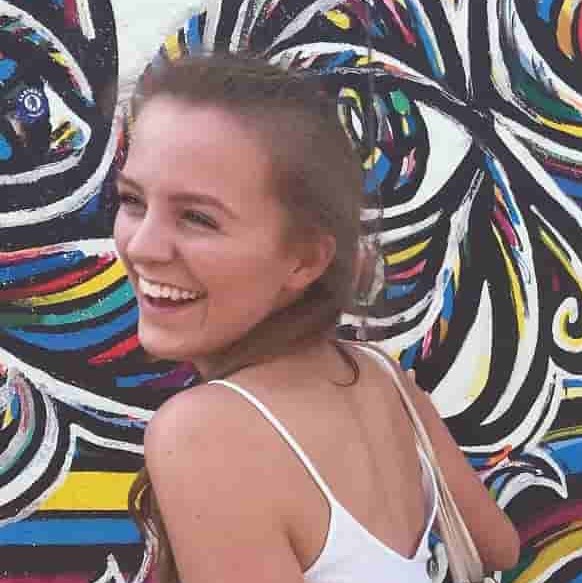
Deutschland Diaries Culture shock or COVID shock?
I think I speak for all Year Abroad students when I say that planning the Year Abroad this year has been about as stressful as it could possibly get. The pandemic along with the distant memory that is Brexit has created seemingly endless obstacles to getting abroad. I started searching for my work placement in Germany a year ago and only in late August this year did I have confirmation of when and where I would be and what I would be doing. Now, three weeks into my English Language Assistantship, I am still feeling the stress of COVID, even more than I am feeling the culture shock that our lecturers so frequently warned us of.
The ideal set up for a linguist living in their target language country is to live with native speakers in order to be fully immersed in language and everyday life and culture. Despite sending out message after message to potential flatmates, responses were sparse and arrangements for virtual viewings never materialised. It’s unclear exactly why willing flatmates were so difficult to come by but one can only speculate that who would want a flatmate arriving from abroad in the current climate. Especially someone coming from a country that is a fraction of the size but has twice the cases. As a result, I am now living alone in a student apartment complex where communal spaces are hardly used and the only interactions with my German neighbours are mumbling ‘Ciao’ to them as I leave the lift. Don’t ask me why Germans use the Italian word for goodbye- I don’t understand either.
For some reason, when I was searching for a work abroad internship or placement, my university wouldn’t accept any less than 35 hours a week but the British Council’s English Language Assistantship of only 12 hours a week is perfectly acceptable. With one day a week off work, that’s about three hours at work every day and, even then, I’m only speaking German in the staffroom during breaks as my whole job revolves around the teaching of English.
In short, opportunities to improve my German are few and far between. And the future is looking bleak with Angela Merkel hinting at the reintroduction of COVID-related restrictions, urging German citizens to avoid unnecessary trips and gatherings in the wake of a new surge in cases. In the current climate, the actual point of this Year Abroad is questionable. Even in shops and cafés, some of the few places I can actually interact with people, the masks, plastic screens and background noise mean that I rely heavily on physical gestures to understand people rather than actually being able to hear what they’re saying. Picking up German has taken some somewhat unconventional forms; from taking after my dad and spending forever reading EVERYTHING in a museum to, in the least creepy way possible, eavesdropping on strangers’ conversations to see how much I can decipher. What has struck me is how much COVID has taught me about the way different cultures handle a crisis like this. My least favourite example being the German rule that schools must keep classroom windows wide open for 3-5 minutes every 20 minutes, in an effort to kill the virus with air. Not fun when you’ve just walked half an hour in the rain, due to public transport strikes, and your jeans are soaked through and consequently, your legs feel like icicles. That being said, the number of cases is embarrassingly lower than in the UK so perhaps they’re onto something. Abiding by COVID rules also seems more commonplace here; I am yet to see someone on public transport or in a shop not wearing a mask. Even more surprisingly, I haven’t noticed any significant rule-breaking amongst the students in my accommodation. Looking through social media, it appears that the rules are non-existent in the minds of many British students. Whilst it is mere anecdotal evidence, this may highlight a cultural difference, with regard to attitudes towards rules and entitlement amongst young people.
Whilst I feel like I’ve already observed a lot, these insights come from a mere 3 weeks out of 8 months. As I become more settled and (hopefully!) more comfortable with the language, the sense of culture shock will lift. What can’t be said for sure is how much the pandemic will continue to take its toll on my experiences. An unconventional experience isn’t necessarily a bad one but it’s not always a comprehensive one.
